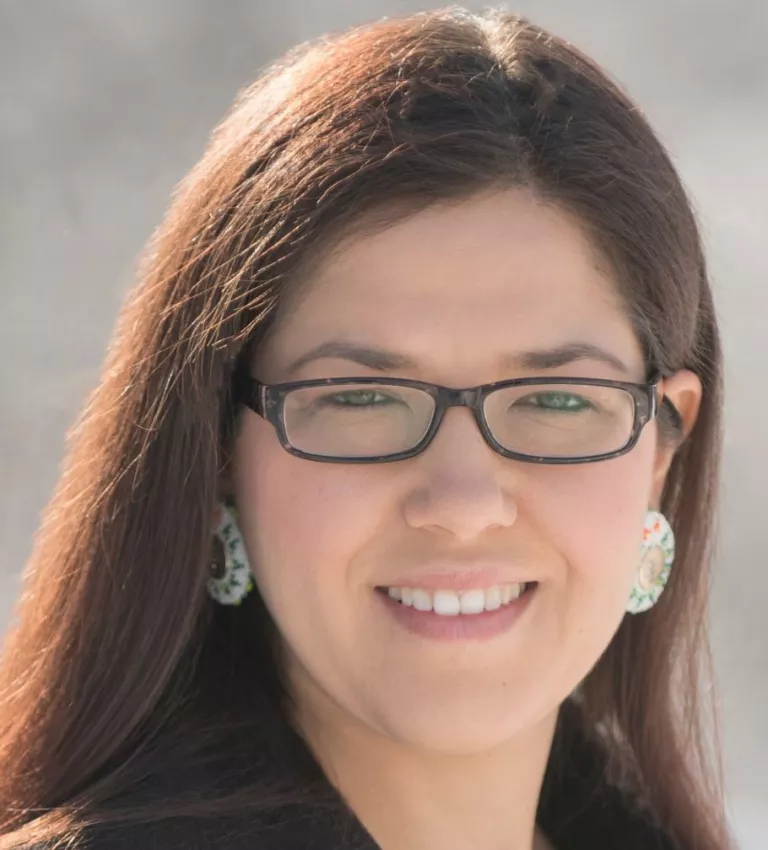
Cultural Safety and Anti-Indigenous Bias: Review and Discuss Current Recommendations and Standards
Speaker: Dr. Terri Aldred

Dr. Aldred is Dakelh (Carrier) from the Tl’Azt’En territory located north of Fort St. James. She is Lysiloo (Frog) Clan who are traditionally known as the voice of the people. She follows her mother’s and Great-Grandmother’s line Cecilia Pierre (Prince).
Dr. Aldred grew up in both the inner city of Prince George and on the Tachet reserve (in Lake Babine Territory) and these experiences helped motivate her to go to medical school so she could give back to her community.
Dr. Aldred has a Bachelor of Health Science Degree and a Doctor of Medicine Degree from the University of Alberta. She then went on to complete the UBC Indigenous Family Medicine residency program.
Currently, Dr. Aldred is the Co-Site Director for the UBC Indigenous Family Medicine Program, Family Physician for the Carrier Sekani Family Services Primary Care team that serve12 communities in north-central BC, the Executive Medical Director for Primary Care for FNHA, the Indigenous Lead for the RCcBC, and an editorial board member for the BCMJ. She is a past board member of the BCCFP. She was a recipient of the 2018 BCCFP’s First Five-Years in Practice Achievement Award, 2020-21 RDoC Mikhael Award for Medical Education, 2021-22 Alumni Horizon Award. She is passionate about Indigenous health, physician well-being, and medical leadership.
Description: Culturally unsafe care and anti-Indigenous bias have negatively impacted the health of Indigenous people across Turtle Island since settlers have arrived and established health care services. A number of reports including the Truth and Reconciliation Report and First People’s Second Class Treatment paper have clearly outlined the health impacts and have clear recommendations on how to address health disparities seen in Indigenous people in Canada. More recently and closer to home, the BC In Plain Sight Report, HSO BC Cultural Safety and Humility Standard, and the CPSBC practice standards have been published that share BC stories and data and offer additional recommendations and standards to be implemented in the healthcare system. This work has raised the awareness that culturally unsafe care and racism are serious determinants of illness for Indigenous people in BC and there are a number of important steps we can begin to take now. We will walk through the history and foundational documents to highlight the consistent themes, recommendations, and calls to action to inspire a discussion on what the work looks like at the bed side, in our departments, and with our teams.